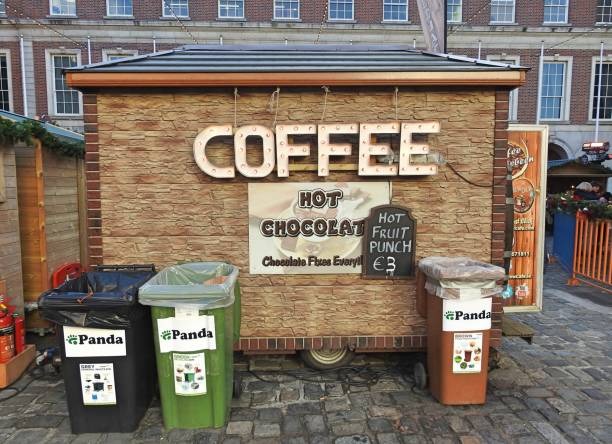Navigating Melbourne’s competitive coffee cart hire market requires strategic planning and attention to detail that many event organizers overlook. The city’s saturated market includes over 150 registered mobile coffee operators, each offering varying service levels, equipment specifications, and pricing structures. Industry statistics reveal that 35% of event organizers encounter significant challenges during the booking process, primarily due to inadequate preparation and unclear communication with service providers. Successfully securing premium coffee cart services demands understanding of market dynamics, seasonal availability patterns, and operational requirements that distinguish professional operators from casual providers. Learning how to book a coffee cart hire in Melbourne efficiently saves time, reduces stress, and ensures your event receives the exceptional coffee service that meets Melbourne’s exacting standards.
Initial Research and Vendor Identification
The foundation of successful coffee cart booking begins with comprehensive market research that extends beyond surface-level Google searches. Professional event organizers utilize multiple channels to identify qualified providers, including industry associations, venue recommendations, and peer referrals from successful events.
Melbourne’s coffee cart operators typically fall into three distinct categories: premium boutique services, mid-range commercial operators, and budget-conscious startups. Each category serves different market segments with varying equipment standards, service offerings, and pricing structures. Understanding these distinctions helps align your requirements with appropriate provider capabilities.
Digital portfolio analysis reveals crucial information about operator professionalism and service quality. Established providers maintain comprehensive websites showcasing equipment specifications, previous event galleries, and detailed service descriptions. Social media presence often provides additional insights into recent work quality and customer satisfaction levels.
Professional certifications and insurance coverage represent non-negotiable requirements for legitimate operators. Food safety certifications, public liability insurance, and business registration details should be readily available upon request. Providers who hesitate to share these credentials typically lack proper operational foundations.
Establishing Event Requirements and Specifications
Detailed event specification development prevents miscommunication and ensures accurate service delivery. Guest count estimates directly influence equipment requirements, with professional operators typically planning for 1.5-2 cups per person over a 4-hour service period. These calculations account for multiple orders and varying consumption patterns throughout your event.
Venue logistics assessment involves evaluating power availability, space constraints, and access requirements. Coffee carts require stable, level surfaces with adequate clearance for equipment setup and customer queuing. Professional operators conduct site visits for larger events, ensuring optimal placement and identifying potential logistical challenges.
Menu customization discussions should occur early in the planning process, allowing sufficient time for ingredient sourcing and equipment preparation. Specialty drink requests, dietary accommodations, and branded elements require advance coordination that impacts both pricing and preparation timelines.
Service duration specifications affect both equipment requirements and staffing costs. Standard service periods range from 2-6 hours, with extended operations requiring additional supplies and potential equipment changes. Peak service times during corporate events typically occur between 8-10 AM and 2-4 PM.
Quotation Process and Comparison Analysis
Professional quotation requests should include comprehensive event details that enable accurate pricing calculations. Essential information includes event date, duration, expected guest count, venue location, and specific service requirements. Incomplete briefs often result in inaccurate quotes that lead to disappointment and additional costs.
Quotation comparison requires analysis beyond simple price points. Service inclusions, equipment specifications, staff qualifications, and backup contingencies significantly impact overall value proposition. The cheapest option rarely delivers optimal results, particularly for important corporate or social events.
Payment terms and cancellation policies vary significantly between operators, with established providers typically requiring 25-50% deposits upon booking confirmation. Understanding these terms prevents financial complications and ensures clear expectations for both parties.
Booking Confirmation and Contract Finalization
Contract documentation should clearly outline all service specifications, pricing details, and operational requirements. Professional operators provide comprehensive agreements that protect both parties while establishing clear performance expectations. Verbal agreements often lead to disputes and service disappointments.
Final confirmation processes typically occur 7-14 days before your event, allowing time for last-minute adjustments and confirming logistical details. This communication ensures both parties remain aligned on expectations and addresses any concerns before service delivery.
Pre-event communication protocols establish contact procedures for day-of coordination, including arrival times, setup requirements, and emergency contact information. Clear communication channels prevent confusion and ensure smooth service delivery throughout your event.

